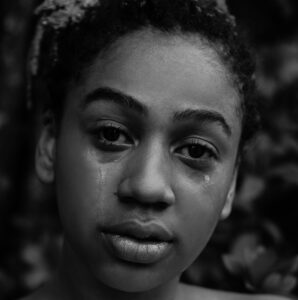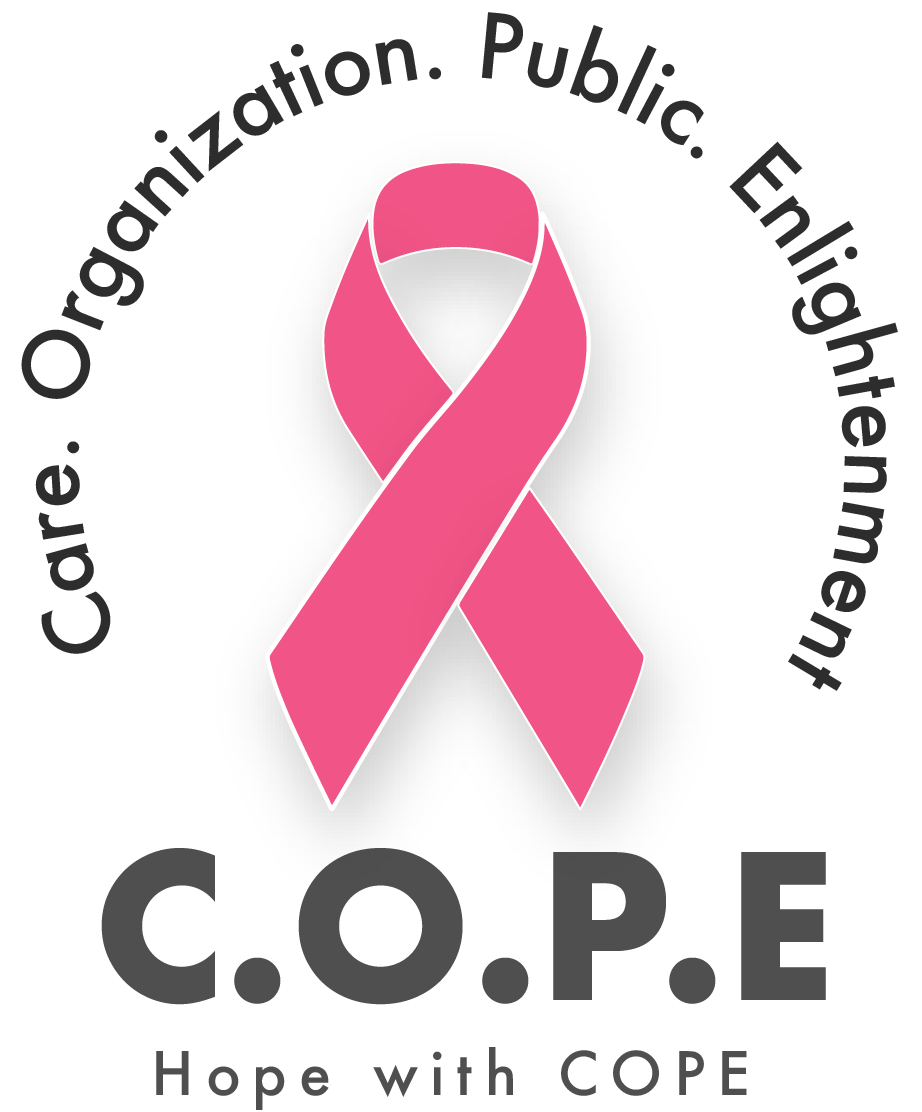December 2017, among other gift items my daughter gave to me, was a book titled ‘When Breath Becomes Air’ by Paul Kalanithi. A true-life story about a neurosurgeon diagnosed with lung cancer.
Initially, due to my busy schedule, I simply placed the book on my bedside table with the plan to read it later once I had some time. Six months later, I finally got around to reading it. On the first day, I remember shedding tears on several occasions throughout my read of this extraordinary book. When I eventually got to the last page on the second day, I wept uncontrollably.
Over the next couple of days as I reflected on all that I read, I could not help but compare the medical treatment the author received to what is currently obtainable in Nigeria. In addition, the author’s experience with cancer brought back sad memories we experienced as a family when my father was diagnosed with cancer of the stomach.
26 years ago, after waiting for hours with so much anxiety for my father to be wheeled out of the operating room at the Lagos University Teaching Hospital (LUTH), the Professor who led the team stepped out of the operating room. As he walked past my siblings and I, he announced to us nonchalantly, “your father has an angry mass in his stomach.” Then he walked on without another word. We were all in a state of complete shock.
Luckily, one of the members of the surgical team was a friend. He spotted me as he stepped out of the operating room and stopped to say hello. I asked him what was wrong with my father and he kindly broke down the situation for us (initially my father had been misdiagnosed with diabetes).
Later that day, I was able to see my father whilst he was recuperating. I held his hands tenderly, kissed him, took a deep breath and broke the news to him as gently as I could. With the best plastic smile that I could muster, I smiled and said, “Dad, the surgeon says the surgery revealed you have stomach cancer. But we will fight it together. I promise you, we will!”
As a family, we supported my father throughout his journey battling cancer as best as we could with chemotherapy and radiotherapy treatments at LUTH for about four months.
Eventually, we felt my father was not receiving the best medical treatment and flew him to England to receive better care. Before the doctors began to treat my father, they re-examined him and were horrified to find out that his spleen and skin were badly damaged due to the way the radiotherapy was administered to him at LUTH. My father’s skin was like tripe (shaki in Yoruba)!
In order to ease the excruciating pain he was feeling and among other health observations, surgery was performed to remove his spleen (splenectomy). He received chemotherapy for six months and was placed under observation for another six months. In 1993, the doctors gave him a clean bill of health and he returned home.
Sadly, the clean bill of health only lasted between six to seven months because the cancer later returned aggressively. When cancer recurs aggressively, it spreads fast, it is unpredictable, and frequently leads to death. My father later died in 1995.
His death was a shock to me. I did not know how to process it. I refused to go to church for six months because I felt God had let me down. I could not pray. Quite frankly, prayer was the last thing on my mind. As traumatic as his death was, the “upside” was it brought my family closer.
After his burial, a few months later I had my own cancer scare whilst I was in the United States regrouping from my loss. While watching television, I came across an advertisement on breast cancer awareness and I remembered that I felt some discomfort on the left side of my breast. I had ignored this discomfort at that time because I knew nothing about breast cancer. However, my father’s death spurred me to visit the doctor to have my breast examined. Thankfully, when all the tests and examinations were concluded I was given the all clear.
The culmination of my brief cancer scare, my father’s death, and my search for my life’s purpose led me to establish C. O. P. E (Care Organization Public Enlightenment), a non-governmental organization focused on breast cancer awareness and advocacy.
Three years into my work with C.O.P.E, I had an intense moment of reflection and realized that I had actually gone through the five RE’s[1] needed for a person to heal after losing a loved one.
Each human being has five dimensions that make up who they are. These five dimensions are physical, mental, emotional, spiritual, and social. Death or loss of a loved one will undoubtedly affect each of these dimensions. To effectively cope and restore balance to all five dimensions, a person must go through all five stages of the RE’s. These stages of the RE’s are REaction, REsistance, REality, REsignation, and REorganization.
To illustrate how the RE’s work, I will use my experience with my father’s death.
When the doctor confirmed that my father had died, my REaction was one of shock, numbness, and disbelief. These emotions led to a lot of REsistance on my part in accepting the news. It further resulted in debilitating periods of rumination and feelings of anger, fear, anxiety, denial, and emotional outbursts. There were lots of tears and I was heartbroken.
The REality that my father had passed further led me into a state of deep sadness and loneliness. I felt I had no choice but to REsign myself to the fact that I was going to be alone and despite having family members around, I isolated myself and withdrew into my shell. I could not comprehend the fact that I was not going to hear his voice anymore. As the last child, I was very close to him and he had a special pet name for me. Now that he was gone, my special pet name, in my mind, had gone into oblivion.
Eventually, months after his demise I made a concerted effort to REorganize myself with optimism and my brief scare of breast cancer led to an increased desire to know more about cancer, specifically breast cancer. This increased desire to know more ultimately led to the establishment of C. O. P. E in 1995.
Reading the book ‘When Breath Becomes Air’ further made it clear to me that I was only able to properly cope with the pain and feeling of loss resulting from my father’s death, because I allowed myself to go through the five RE’s.
For anyone who is dealing with the loss of a loved one from cancer or any other disease, it is imperative that you allow yourself to completely go through all five stages of the RE’s. Doing so will allow you to better manage all the complex emotions that come with experiencing death and loss.
Looking back, I wish I knew what I know now about cancer. Perhaps it might have prolonged my father’s life. However, his death and my personal scare with breast cancer made me become more detailed and informed regarding health issues. Both experiences also made me determined to contribute to Nigeria in my own little way by using my non-governmental organization to “preach the breast cancer awareness gospel.”
It is imperative to stress that with our increased access to technology and the internet, ignorance is no longer a viable excuse. It is important to read and gather information prior to the occurrence of any adversity, especially a health adversity. We need to be, and stay, inquisitive about how to live a healthy, active life. I also need not emphasize how mandatory it is to have a good health insurance policy and undergo a yearly or bi-annual general health check.
‘When Breath Becomes Air’ is a must read! I recommend it because it truly opens up the reader’s mind to the reality of life and death and shuts down the unnecessary preoccupation with trivialities.
C.O.P.E loves you. EARLY DETECTION AND TREATMENT CAN SAVE YOUR LIFE!
[1] Finding Your Way- Families & the Cancer Experience: a guidebook by Gail A. Noller, MA Licensed Psychologist. American Cancer Society 1998.


